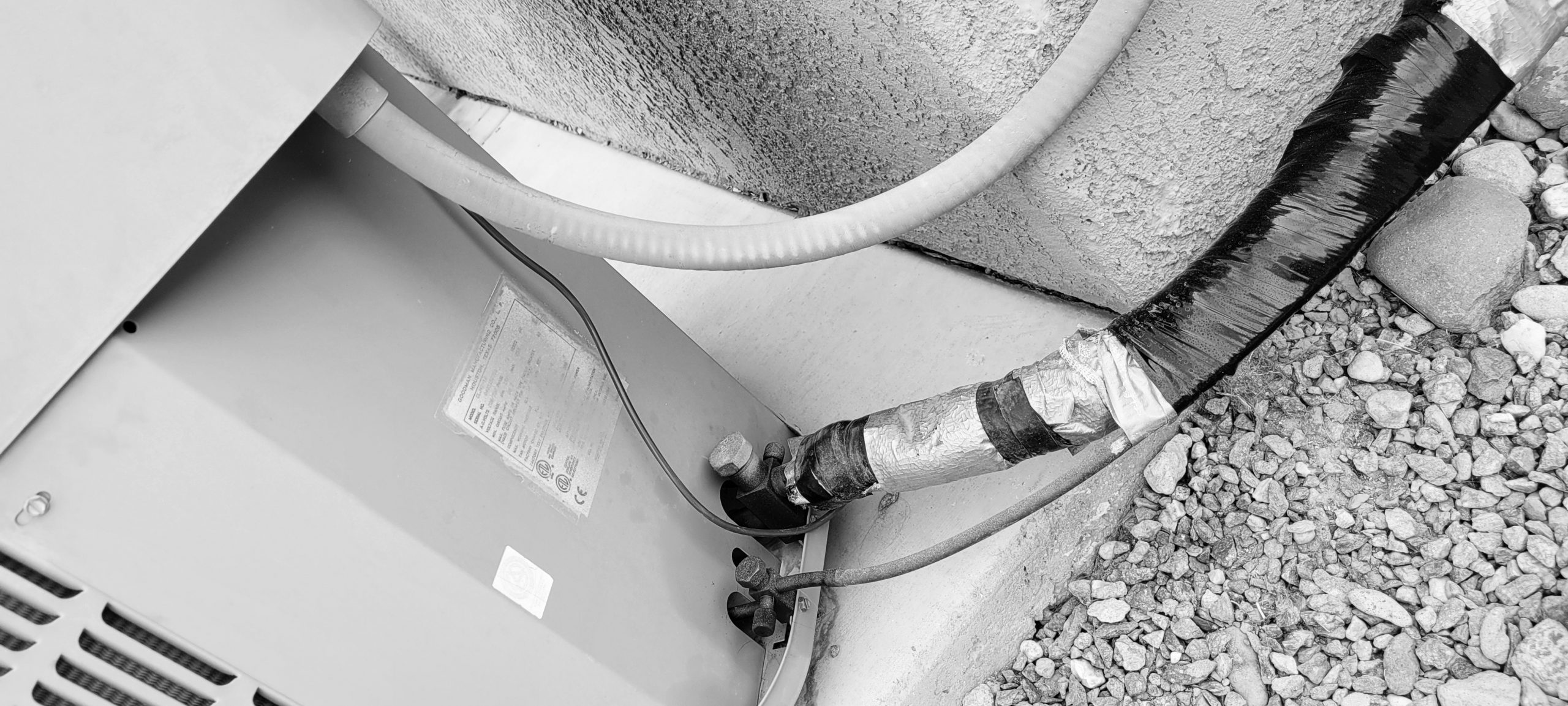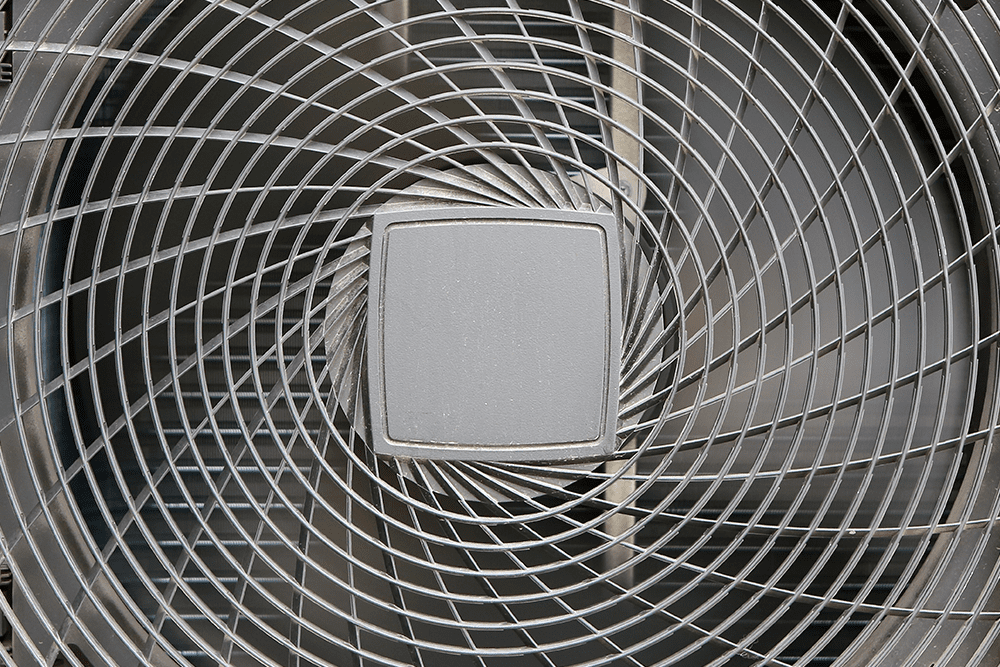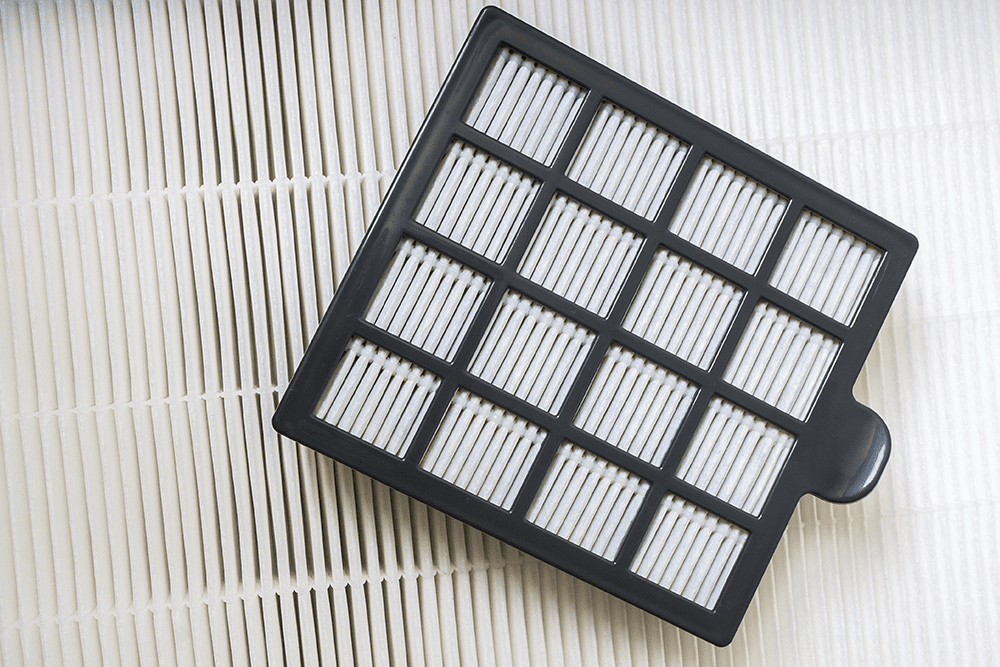
The Differences Between a Heat Pump and a Furnace
Choosing the ideal heating and cooling system for your home is essential if you live in Central Florida. Making the appropriate decision can be difficult due to the abundance of options on the market. The heat pump and furnace with air conditioning are two common HVAC systems. This blog post will outline the differences between a heat pump and a furnace so you can make an informed choice.
What is a Heat Pump?
A heat pump is a flexible HVAC unit that may offer cooling and heating. In order to warm your house in the winter, it works by drawing heat from the outside air and bringing it inside. In order to keep your house cool in the summer, it reverses the process and takes heat from within and releases it outside.
The energy efficiency of a heat pump is one of its major advantages. It uses less energy than a conventional HVAC system because it cools and heats your home with outside air, making it an environmentally responsible choice. It also saves you money on installation costs by doing away with the necessity for separate heating and cooling systems.
A heat pump’s ability to work quietly makes it a great option for homes in peaceful surroundings. Furthermore, heat pumps are a safer choice for the environment because they don’t release any dangerous pollutants.
What is an Air-Conditioning Furnace?
Traditionally, a furnace with air conditioning has been used to manage extremely high temperatures. It employs an air conditioner to cool your home in the summer and a furnace to heat it in the winter. The furnace produces heat by burning fuel like natural gas, propane, or oil, which is then distributed throughout your home by ductwork.
The capacity of a furnace with air conditioning to withstand severe temperatures is one of its advantages. A furnace can supply your home with the heat it needs to stay warm if you live somewhere with chilly winters. Apart from that, if you reside in a hot climate, an air conditioner can supply the cooling your property requires to remain comfortable.
A furnace with air conditioning is also a cost-effective choice. It’s an excellent option for households on a tight budget because the initial installation cost is less than that of a heat pump and the equipment is widely accessible.
The Differences
A heat pump and a furnace with air conditioning have some important distinctions, even though both systems can heat and chill your home.
Efficiency: A heat pump uses less energy than a furnace with air conditioning, as was already established. It uses less energy because it relies on outside air to heat and cool your house, making it a greener choice. A furnace with air conditioning, on the other hand, uses more energy because it relies on the burning of fossil fuels to provide heat.
Cost: Although installing a heat pump is more expensive than installing a furnace with air conditioning, the longer it lasts, the less money you’ll spend on energy costs. A furnace with air conditioning is a great option for homes on a restricted budget because of its cheaper initial cost.
Lifespan: Compared to a furnace with air conditioning, a heat pump has a longer lifespan. Whereas a furnace with air conditioning has a lifespan of roughly 12 years, a well-maintained heat pump has a lifespan of up to 15 years. When deciding between a heat pump and a furnace with air conditioning, climate is an important consideration. Homeowners in mild climates should consider a heat pump, whilst those in hot climates should consider a heater with air conditioning.
Noise: Heat pumps are a great option for homes who value low noise levels because they operate quietly. In contrast, a furnace with air conditioning may be noisy because it needs to burn fuel to provide heat.
Maintenance: To guarantee effective operation, both systems need routine maintenance. But, because a heat pump runs all year round, it needs more upkeep than a furnace with air conditioning. Your heat pump needs to be serviced by a qualified HVAC expert at least once a year to keep it operating effectively.
Which System Fits You Best?
Your budget, geographic location, and personal tastes will all play a role in determining whether you choose a heat pump or a furnace with air conditioning. If you prefer energy economy and live in a mild climate, a heat pump is a great alternative. Also, it is a flexible solution that may provide both heating and cooling, making it a long-term economical decision.
On the other hand, if you live in a region with harsh temperatures and value an economical solution, a furnace with air conditioning is a great choice. It is an excellent option for homes on a limited budget because it is also widely accessible.
We at Florida Air Express recognize how challenging it may be to select the ideal HVAC system for your residence. We are dedicated to assisting our clients in making educated selections because of this. Our team of HVAC specialists can evaluate your home’s requirements and make recommendations for the ideal heating and cooling system.
Conclusion
To sum up, there are a number of considerations to evaluate when deciding between a heat pump and a furnace with air conditioning, including efficiency, cost, lifetime, climate, noise, and maintenance. Making an educated selection can be aided by being aware of the advantages and disadvantages of each system. We at Florida Air Express are dedicated to offering the top HVAC services to all of our clients. To arrange a consultation and find out more about the HVAC systems that are appropriate for your home, get in touch with us right now.
We appreciate you choosing Florida Air Express as your HVAC contractor. We are committed to offering the highest quality service to our clients.
continue reading
Related Posts
For homeowners and business owners in Auburndale, FL, having an […]
Geothermal HVAC Heating and Cooling: The Future of Energy Efficiency […]
Indoor Comfort Takes a Quantum Leap: Exploring Innovative HVAC Smart […]



